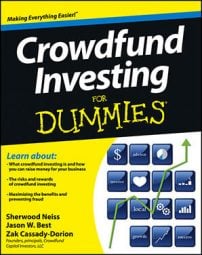The people who can fill your future needs should occupy your company’s ecosystem, which is your Circle of 50. You want to try to anticipate needs you’ll have in the near and distant future.
For example, at some point, you may need strategic help with your patent portfolio developing a family of patents. As your startup grows, you’ll eventually need to have audited financials. And if you don’t have a powerful board of directors, you’ll need one.
Not only do all these folks have tremendous skills, but if they’re top tier in their field, they’ll have their own established network that you can engage.
Why 50? Research has shown that the majority of humans haven’t changed their basic social groups over thousands of years. The numbers are generally the same in the various groups that surround us: 5-15-50-150. Here’s a brief overview:
5: Your friends and family members are your strong links. Generally speaking, your inner circle consists of about five individuals.
15: The second circle of people who surround you are those you may turn to for emotional support even though they aren’t your strongest links. This group generally comprises 15 people.
50: This third circle is your Circle of 50! These are the weak links, the professional relationships that research indicates will actually be your most powerful resources.
To develop your Circle of 50, think about who you need to know and develop a plan to meet them. This is easier than it sounds. Be scrappy and resourceful. Let others know your intentions — educate them with a concise, clear, and compelling story. You’ll be surprised to find out that most people will help you if you ask.
150: You don’t need this many close contacts. That’s because at 150, groups tend to fall apart. (Fun fact: Roman armies comprised groups of 150 people.)
Heidi Roizen is a Venture Partner at Draper Fisher Jurvetson and offers this advice: “Funding for startups is often said to be more of a bet on the people than on the product or the market. Because of this, it is critical that the entrepreneur who seeks funding has built relationships with others in the entrepreneurial ecosystem that can then vouch for his or her knowledge, ideas, ethics, and passion.”

